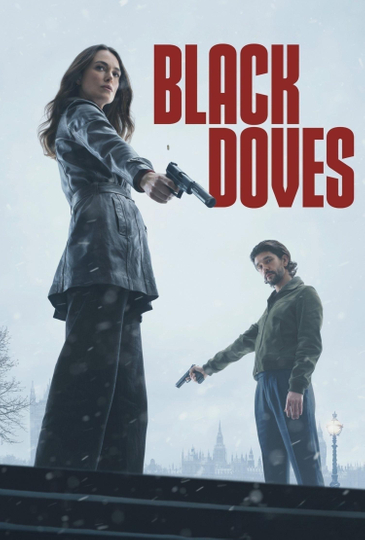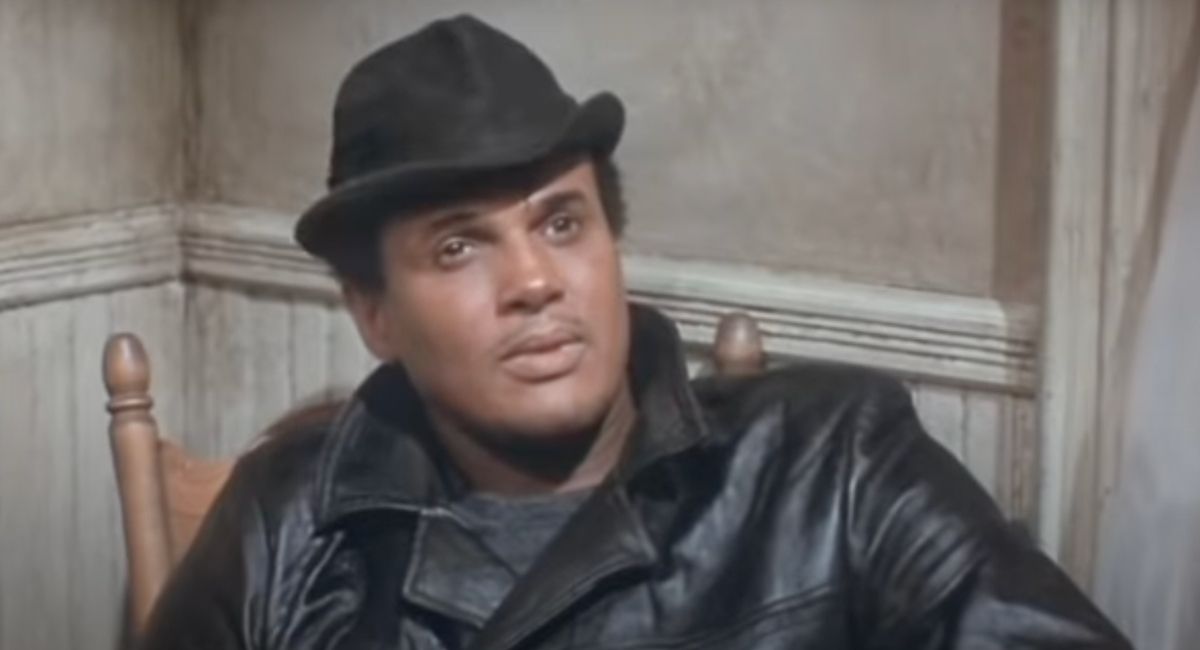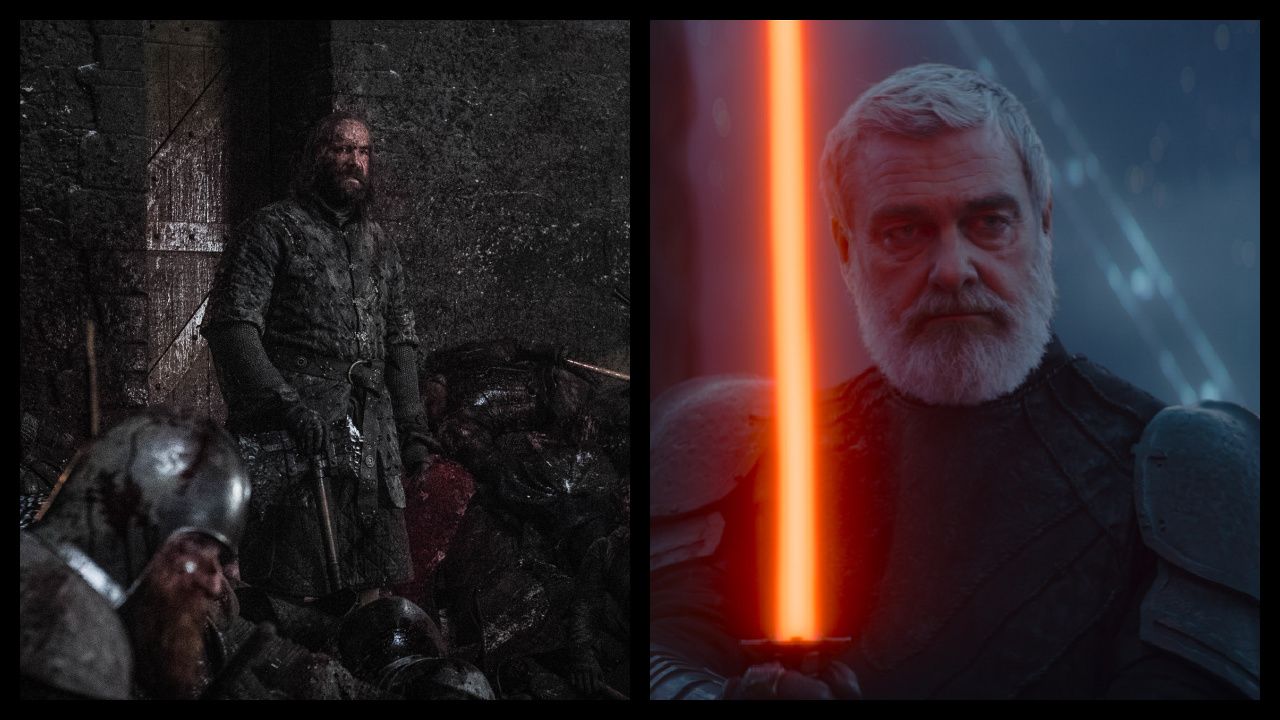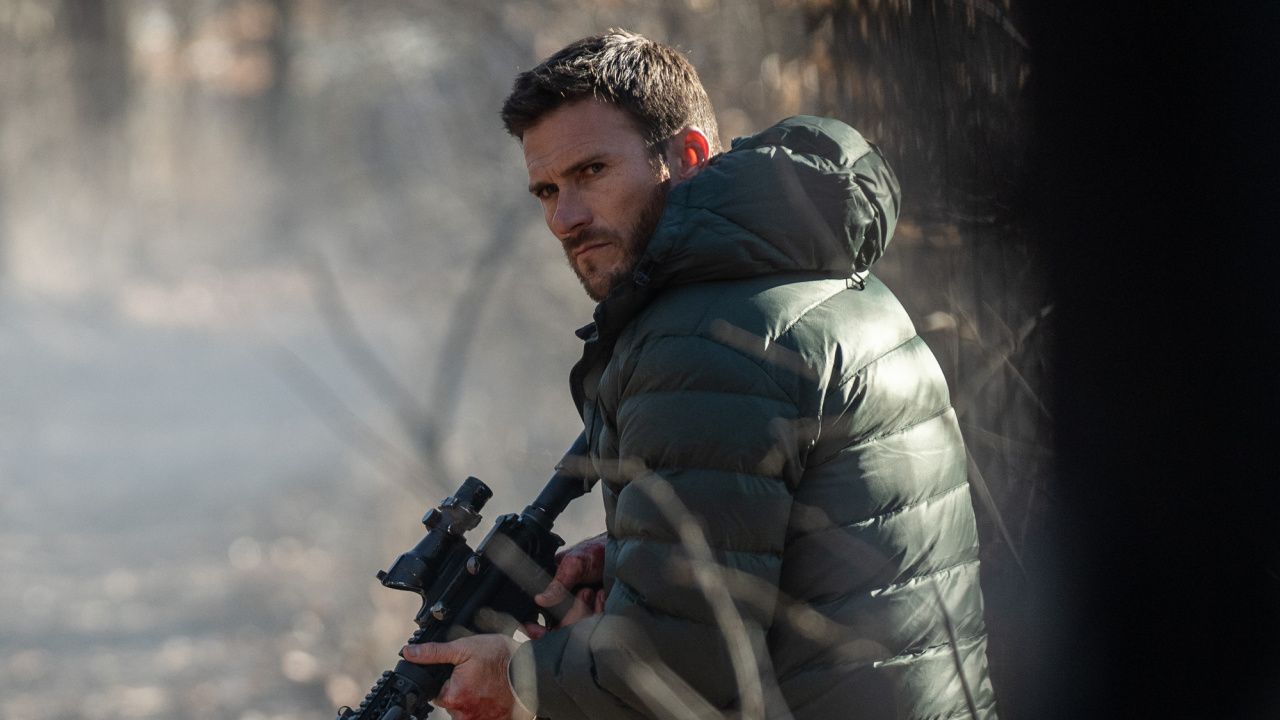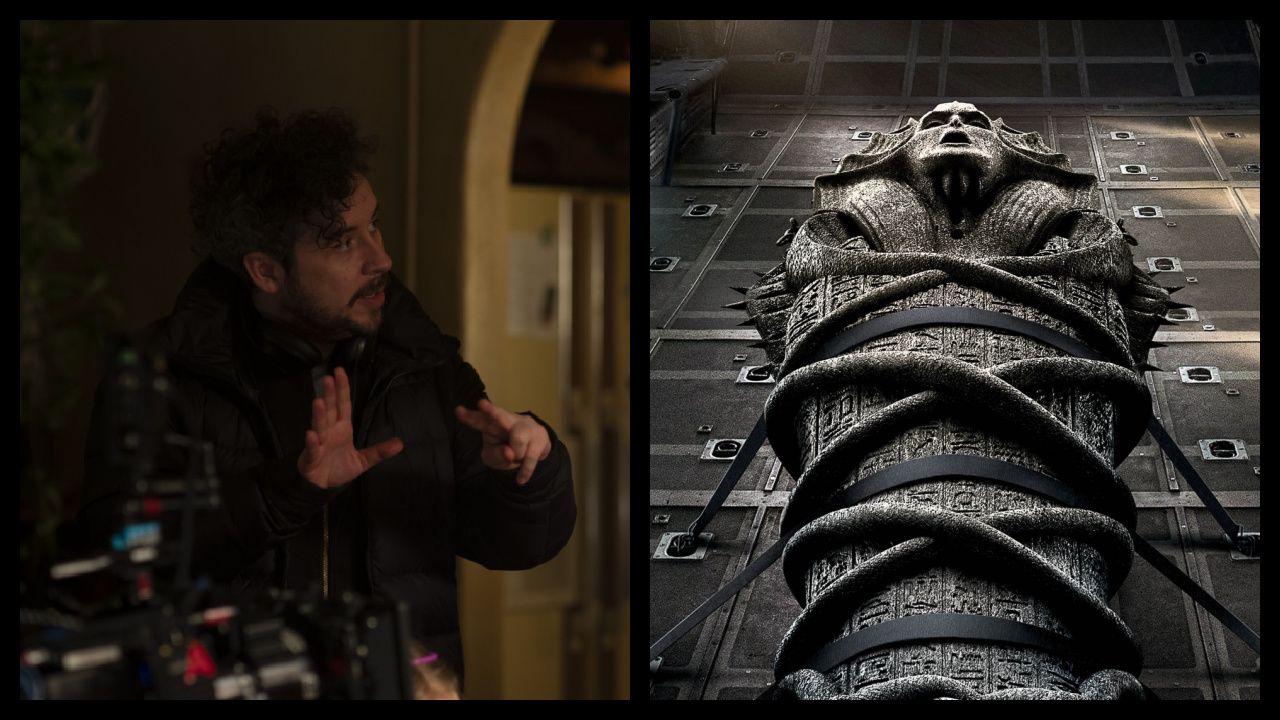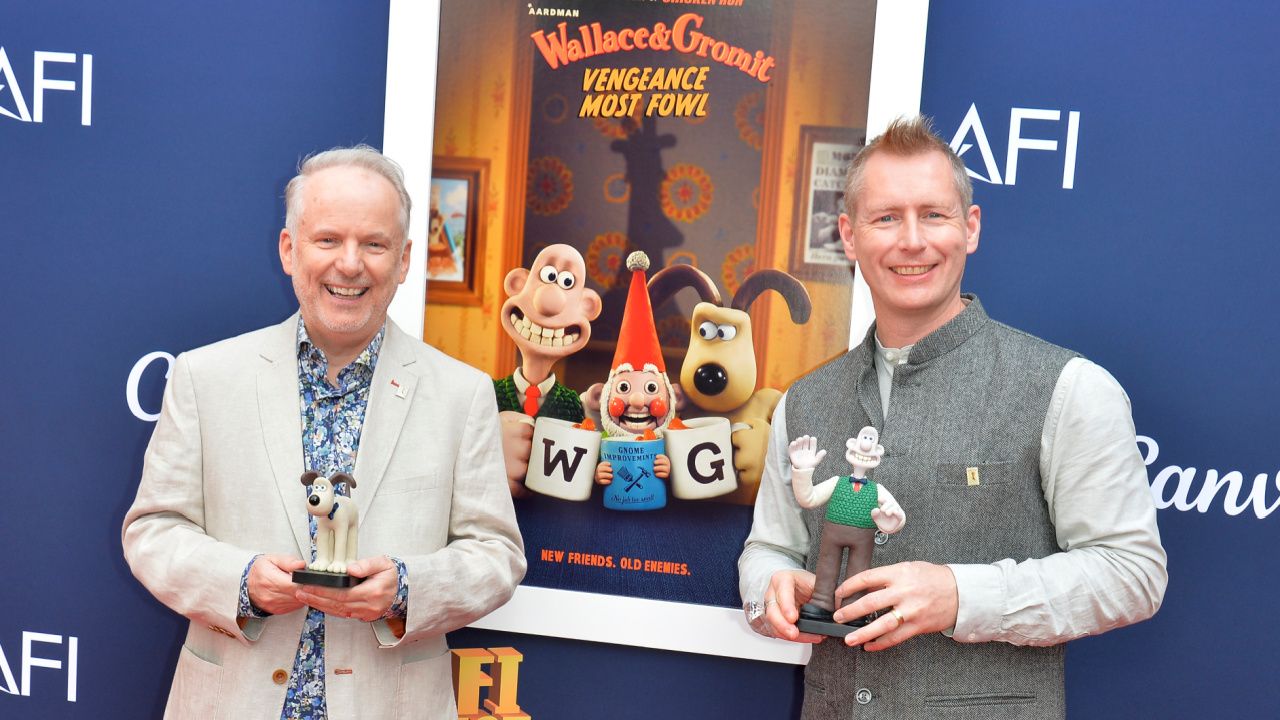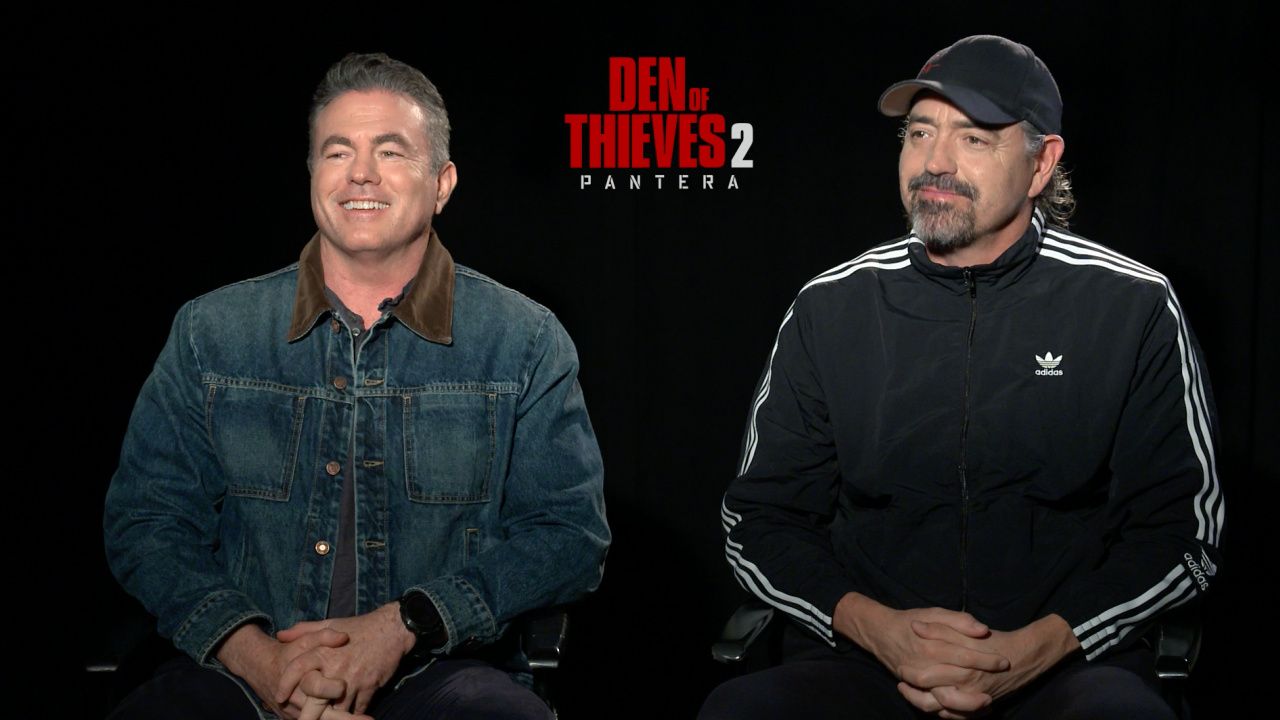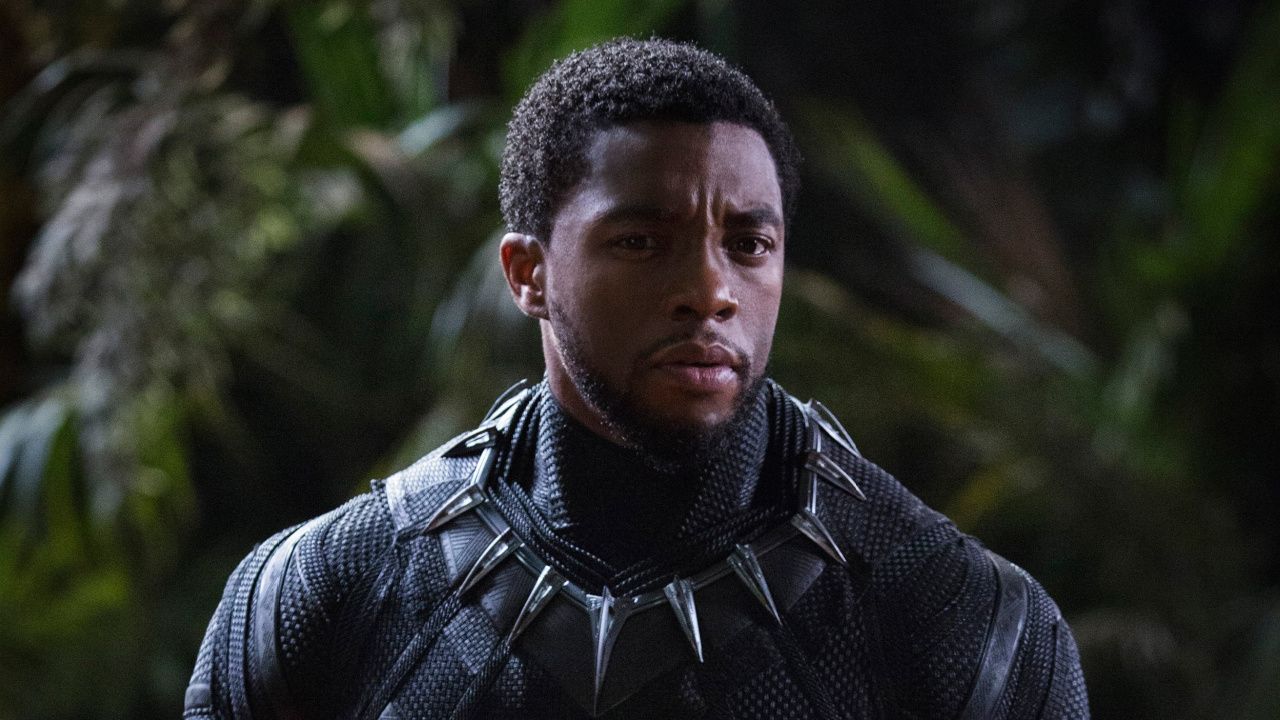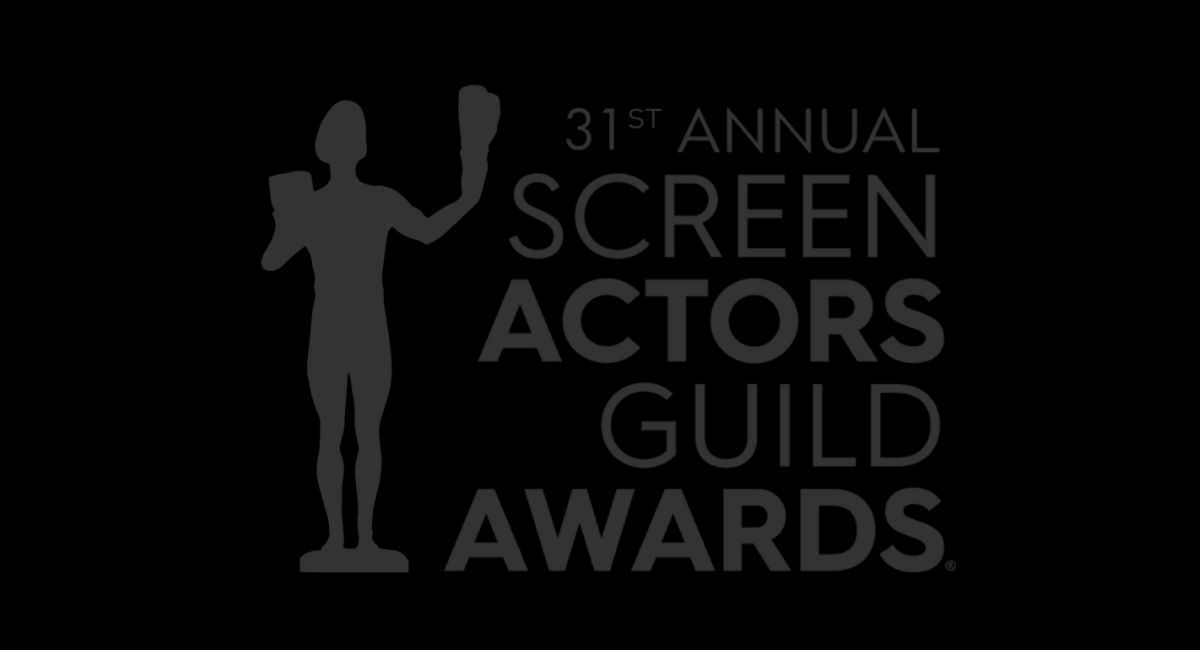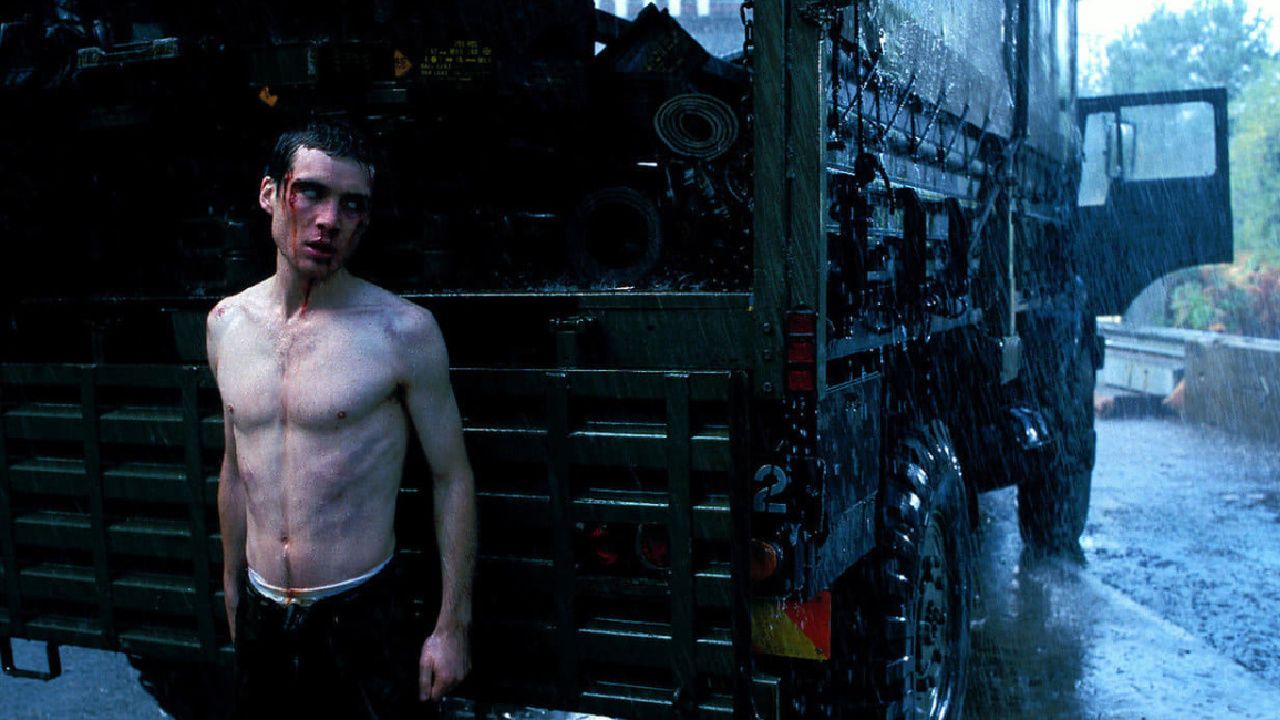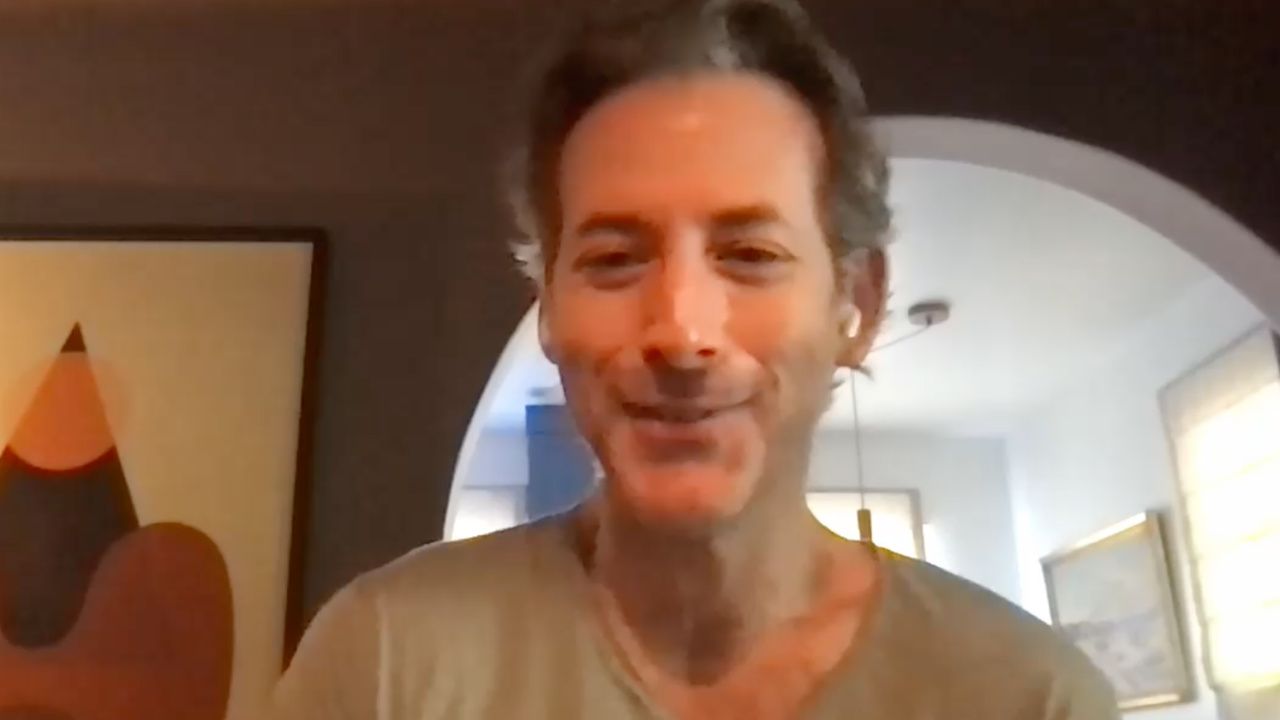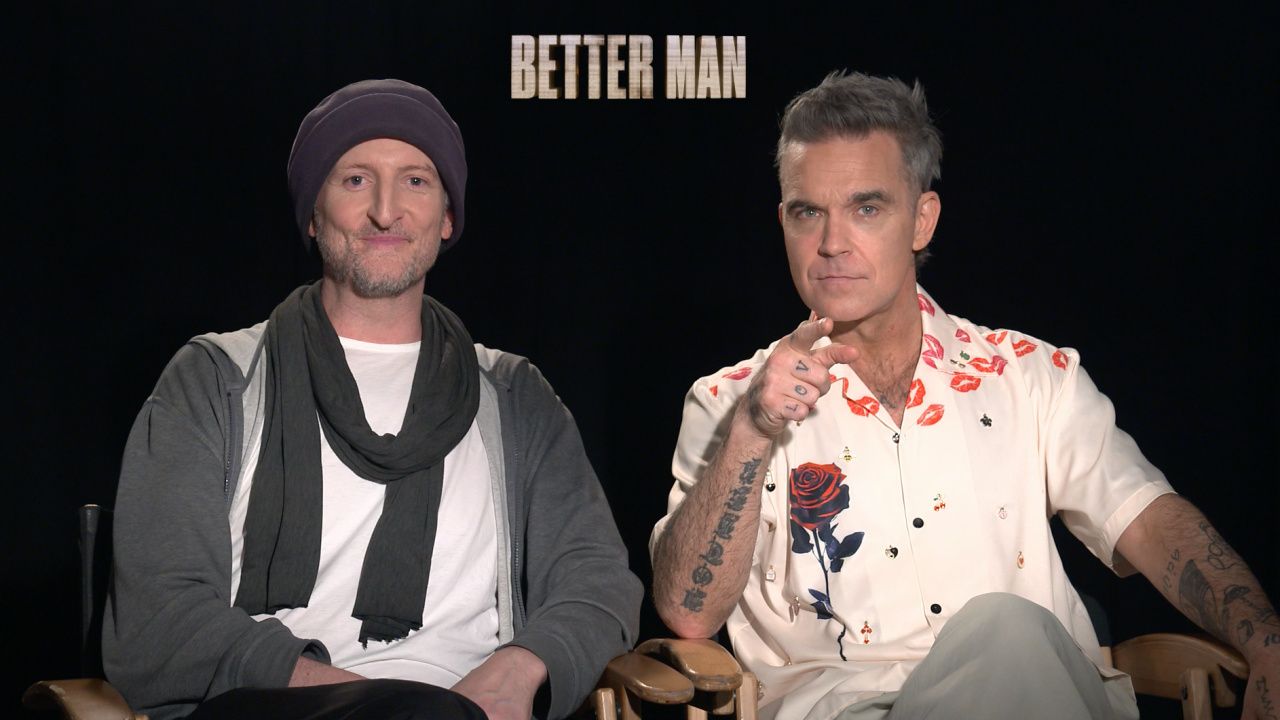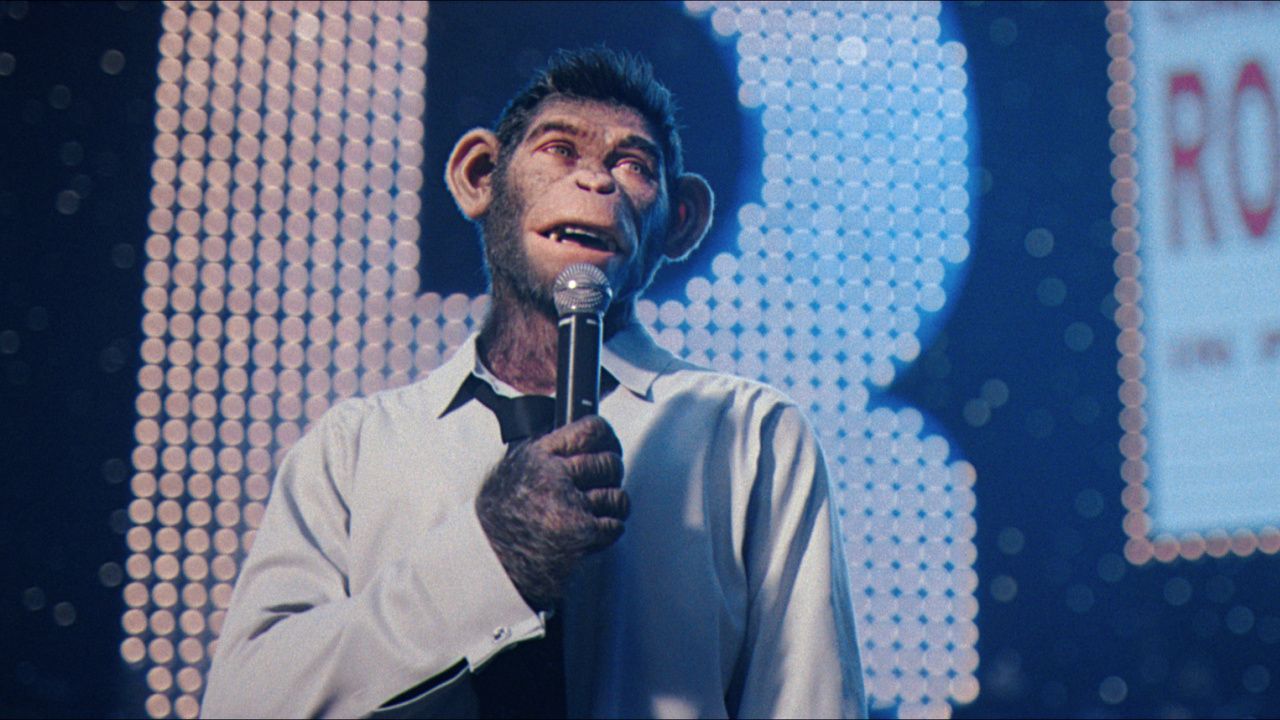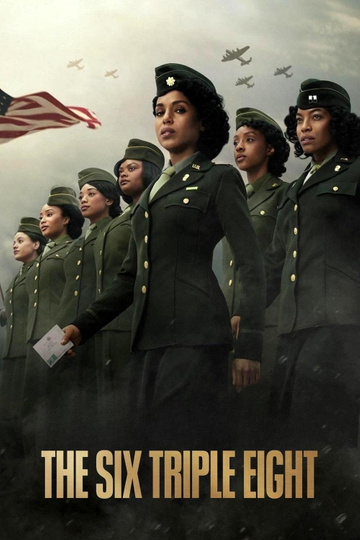Spike Lee's 11 Greatest Movies
Lee, Aiello, & Others In 'Do The Right Thing'
With a career that spans more than 35 years and includes film, television, music video and stage work, Spike Lee is indisputably one of the most influential and inspirational filmmakers in cinema history. His career has uniquely provided a canvas for vivid, resonant stories about black characters from different communities and walks of life, many with an incisive eye on our collective past but just as often looking towards an inspiring, hopeful future. To celebrate Lee’s 62nd birthday, we assembled a list of just 11 of the countless benchmarks and breakthroughs from his career that made so much more than just a commercial or critical impact.
'She’s Gotta Have It' (1986)
Not to be confused with the 2017 Netflix series that it inspired, Lee’s black-and-white debut focused on a young Brooklynite named Nola Darling (Tracy Camila Johns) and the three men vying for her attention. Lee’s film attracted positive reviews and introduced him to moviegoing audiences.
'School Daze' (1988)
Lee leveled up exponentially in ambition with his second film, a musical about clashes between Greek organizations at a historically black college over homecoming weekend. For many audiences it marked the first -- but certainly not last -- time Lee would touch on conflicts within the black community that individuals outside were unfamiliar with.
'Do The Right Thing' (1989)
Lee’s first bona fide masterpiece is a slice of white-hot rage as he depicts the simmering socioeconomic tensions in a bustling multicultural Brooklyn neighborhood as they explode on the hottest day of the year. The film’s righteous anger announced Lee as an important cinematic voice with much to say that audiences -- especially non-black ones -- needed to hear.
'Malcolm X' (1992)
Lee evidenced his evolving maturity as a director with this biopic telling the life story of the onetime hoodlum-turned-Nation of Islam leader who provided an opposing black viewpoint from Martin Luther King Jr. during the Civil rights era and galvanized anew Lee’s own observations about race and culture in an America historically hostile to people of color.
'Clockers' (1995)
After almost a decade of avoiding the sorts of “street” stories that became hallmarks for other directors of color, Lee adapted this Richard Price novel (Price wrote the screenplay too). "Clockers" is about a low-level drug dealer coming to terms with the vagaries of his job after his brother is forced to plead guilty to a crime that neither of them committed.
'4 Little Girls' (1997)
Lee ventured into documentary filmmaking for this heartbreaking chronicle of an Alabama church bombing, its victims, and community that is galvanized into action by this heinous crime. His social conscience would return later with not one but two equally searing looks at the response to Hurricane Katrina, “When the Levees Broke: A Requiem in Four Acts” and “If God Willing and da Creek Don’t Rise” and, um, a couple of documentaries about Michael Jackson.
'Original Kings of Comedy' (2000)
Lee filmed this concert documentary in Charlotte, North Carolina, not just capturing four fantastic stand-up sets from comedians entering their prime, but capturing a phenomenon -- the stadium concert tour -- that would break out of the black community and dominate the landscape of the profession for years to come.
'25th Hour' (2002)
Native New Yorker Lee made this film, written by Daniel Benioff, as just one reaction to the events of 9/11. Edward Norton, Phillip Seymour Hoffman and Barry Pepper give powerful performances that both explore Benioff’s ideas and examine the life of Lee’s favorite city before, during and after that unimaginable tragedy.
'Inside Man' (2006)
Lee’s distinctive, politicized point of view worked its way even into Lee’s first so-called job for hire, a thriller about a bank heist where the head robber (Clive Owen) and investigator (Denzel Washington) find themselves in a unique tete-a-tete after a Manhattan power broker (Jodie Foster) intervenes to protect the contents of a safe deposit box owned by her mysterious boss (Christopher Plummer).
'Red Hook Summer' (2012)
After a handful of commercial flops and ambitious failures, Lee returned with his strongest work in years, this story of a preacher (Clarke Peters) who agrees to care for his pampered grandson only for his own past to come back to haunt him. The film remains one of his lesser-seen ones but it showcases the vitality and passion of his storytelling even after almost 30 years of work.
'BlackkKlansman' (2018)
Lee won a wildly overdue Oscar for Best Adapted Screenplay for co-writing this account of the investigation of the Ku Klux Klan by a black Colorado Springs detective named Ron Stallworth. It features so many of the hallmarks of his best work, not just visually but thematically, capturing both the thrill of dismantling a racist organization and the depressing reality that its messages continue to foment violence and hatred even today.







